Message From the Sanhedrin on International Holocaust Remembrance Day
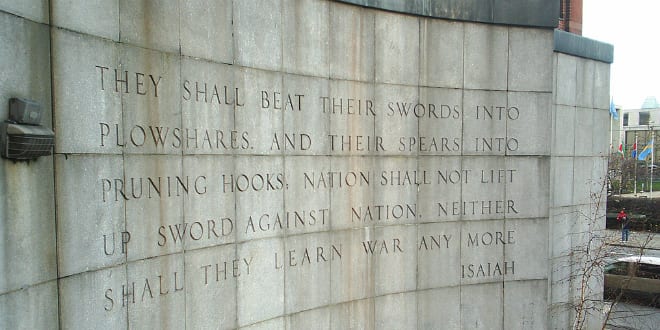
The nascent Sanhedrin issued a statement regarding International Holocaust Remembrance Day, calling on the nations of the world to replace the world’s worst advocate of anti-Semitism: the United Nations.
Palestinians: The ‘Political Detainees’ No One Talks About
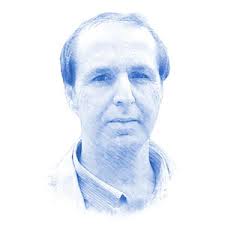
Most of the detainees were taken into custody for criticizing the PA and its leaders and policies.
Israel’s Sovereignty on the Golan Heights: Why Now?

Prime Minister Benjamin Netanyahu has made a public declaration of Israel’s interest in having the United States recognize Israeli sovereignty over the Golan Heights.
The UN, the “State of Palestine” and the Torture of Women

A Palestinian mother of three has accused the Palestinian Authority (PA) security forces of torturing her and threatening to rape her
Palestinians: While Abbas and Hamas were Hurling Insults at Each Other…

Abbas is punishing Hamas and Hamas is threatening Abbas. All the while, Palestinians in Syria are dying daily.
Trump, National Security and Nuclear War
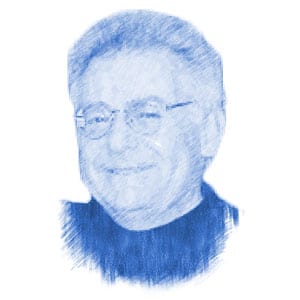
A sorely needed assessment. Where should American nuclear policy go from here?
Palestinian Martyr Gunned Down by Israel
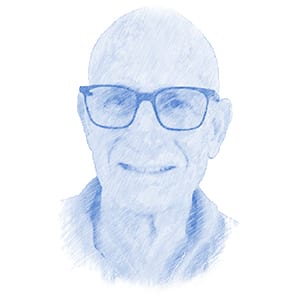
Like UNESCO, the NYT is guilty of continuous criticism of Israel, to a degree that is obviously part of a strategy to undermine support for Israel.
Tectonic Shifts in Attitudes toward Israel
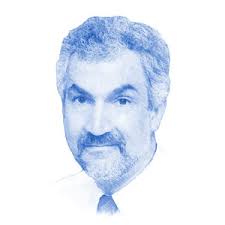
This last point has great importance: the rage against Israel is not about Ashkenazi-Sephardi relations, tensions on the Temple Mount, a possible attack on Iran’s nuclear infrastructure, or Israel’s own nuclear weapons.
The American Exodus from Syria
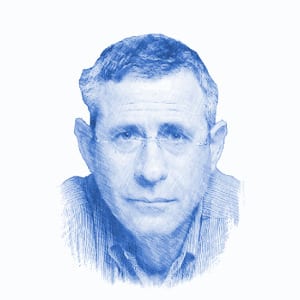
Israel would, of course, much prefer that the American forces remain in Syria, but their pullout is far from a tragedy and even provides a window of opportunity.
Biased World? Turks Operating in Syria Judged Differently Than Israel

Turkey views the mostly Kurdish Democratic Union Party (PYD) in Syria as a threat, similar to how Israel views Hezbollah, US envoy for Syria engagement James Jeffrey said last week.


